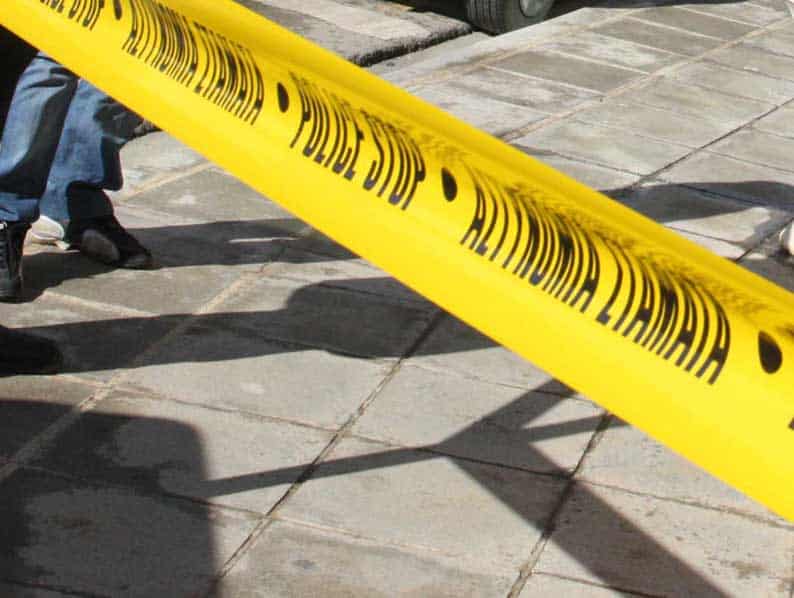Cyprus faces mounting international scrutiny after a global report on organised crime warned that individuals within the Cypriot state are acting in ways that support criminal networks.
The global initiative against transnational organised crime (GI-TOC), an international non-governmental organisation headquartered in Geneva, found growing evidence that corruption within law enforcement and public institutions is helping criminal activity thrive.
The report, released this week, says “state-embedded organised crime actors” have become a serious concern, with allegations that some police officers have abused their authority or directly assisted criminal groups.
Experts say the findings paint a troubling picture of how criminality has seeped into parts of the state.
The warning follows a series of scandals that exposed Cyprus’ vulnerability to corruption, including Cyprus Confidential, which revealed failures in financial oversight.
A parliamentary inquiry later confirmed systemic weaknesses that allowed illegal money flows to persist across public structures.
Compiled by 350 specialists using data from Interpol and the Institute for security studies, the GI-TOC index ranks Cyprus 129th out of 193 countries for criminality in 2025, with a score of 4.5 out of 10, unchanged since 2023. The higher the score, the greater the criminal threat.
The report identifies two key crime pressures in Cyprus: the influence of foreign criminal actors and the challenges of irregular migration.
Foreign-linked networks, mostly from Eastern Europe, Western Asia and Turkey, are said to operate on the island, driving up risk levels.
Cyprus ranks 34th globally in the “foreign actors” category and 38th for “illegal immigration”.
Experts said that criminal activity in the north has intensified these problems. The report describes the north as a centre for arms trafficking, illegal trading in excise goods, fuel smuggling and drug trafficking, as well as money laundering through casinos.
It directly connects these operations to Turkey, which ranks 10th globally for criminality.
Cyprus also ranks high in nine separate crime categories, including private-sector involvement (78th), counterfeit trade (80th), cocaine trade (89th), and human trafficking (100th).
While the picture is troubling, the country’s resilience score, measuring its ability to counter organised crime, has improved slightly to 4.5 out of 10, up from 4.46. This small rise lifts Cyprus six places to 111th globally.
The report credits the government with maintaining political stability and establishing institutions such as the anti-corruption authority and a legal framework for whistleblower protection.
“Cyprus has demonstrated capacity in maintaining stability in leadership and governance,” the experts said, noting a stated commitment to tackling criminal networks.
However, concerns persist about how deeply organised crime may influence the state.
Public confidence in law enforcement remains low, with surveys showing that many Cypriots view corruption as widespread and believe accountability mechanisms are weak.
The report also highlights delays in the justice system, citing a shortage of judges and a growing backlog of cases. In law enforcement, it says there are continuing concerns about corruption within the police and inefficiencies in prosecution.
Financial crime remains another major challenge. The report notes that Cyprus’ long-standing reputation for financial secrecy continues to attract illicit funds. Despite recent steps to tighten anti-money-laundering rules, enforcement gaps and weak asset recovery procedures have limited progress.
Cyprus has signed and ratified key global agreements against organised crime, including the UN convention against transnational organised crime (UNTOC). But experts stress that implementation remains inconsistent and that stronger enforcement is crucial if the country is to shed its image as a soft target for financial and organised crime.
The report’s findings, supported by funding from the European Union, Norway and the United States, identify Cyprus as part of a wider regional pattern of corruption and organised crime, stating that efforts to address these issues involve transparency measures, political commitment and justice system reforms.






Click here to change your cookie preferences